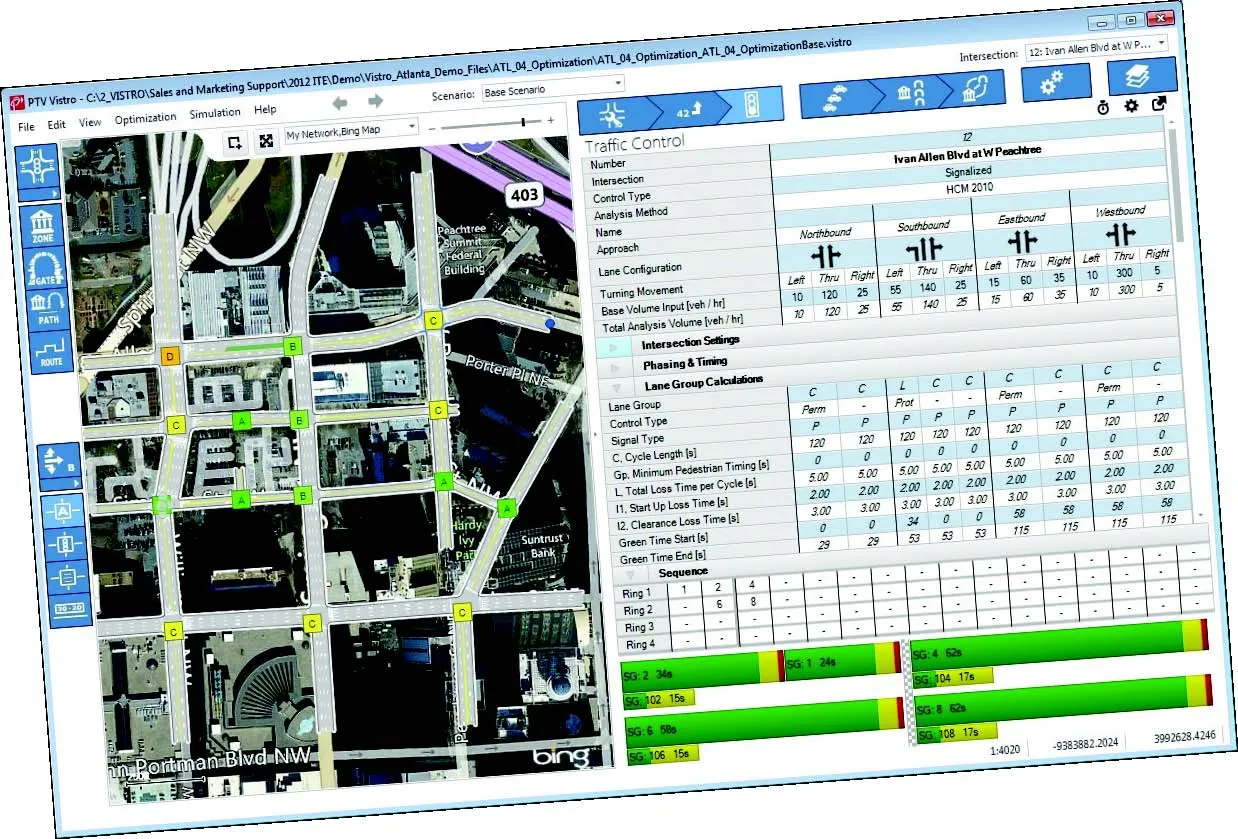A new private network platform has been developed that I designed to make it easier to sell construction equipment worldwide. Called Krank, this online company-to-company network is designed for trading large items of capital equipment, both regionally and internationally.
This trading system allows companies to create private networks between each other and trade large items such as cranes, wheeled loaders, trucks or excavators. The site acts as a private sale room with users able to customise their online dashboard, making it easier to buy and sell machinery without the fees associated with trading capital equipment.
Krank uses bespoke online technology and analytic tools, to generate both a secure company-to-company networking tool and an online trading platform for equipment. Users can register on the site as an individual or through a company profile that allows an unlimited number of colleagues to join. They develop their own private network of contacts and invite co-workers to join, or request to connect with anyone from other companies.
Those who use sites such as LinkedIn, Facebook and Twitter will be familiar with some of the networking functions, such as viewing and posting on news timelines, sending one-to-one messages, and creating group chats. And those who use sites such as Amazon will recognise the sales procedures. Users can communicate whether just for networking purposes and to explore the possibilities of doing business together; or they can upload information and images of machinery they want to sell. In order to trade, the seller can offer the item on a private basis to specifically selected customers via the ‘Network Marketplace’ tab, or the unit can be offered on an open basis via the ‘Public Marketplace’ tab. The buyer and seller are responsible for carrying out their own checks, due diligence, and financial transactions.
Construction machine sale source online
A new private network platform has been developed that I designed to make it easier to sell construction equipment worldwide. Called Krank, this online company-to-company network is designed for trading large items of capital equipment, both regionally and internationally.
This trading system allows companies to create private networks between each other and trade large items such as cranes, wheeled loaders, trucks or excavators. The site acts as a private sale room with users able to customise their
February 7, 2018
Read time: 2 mins








